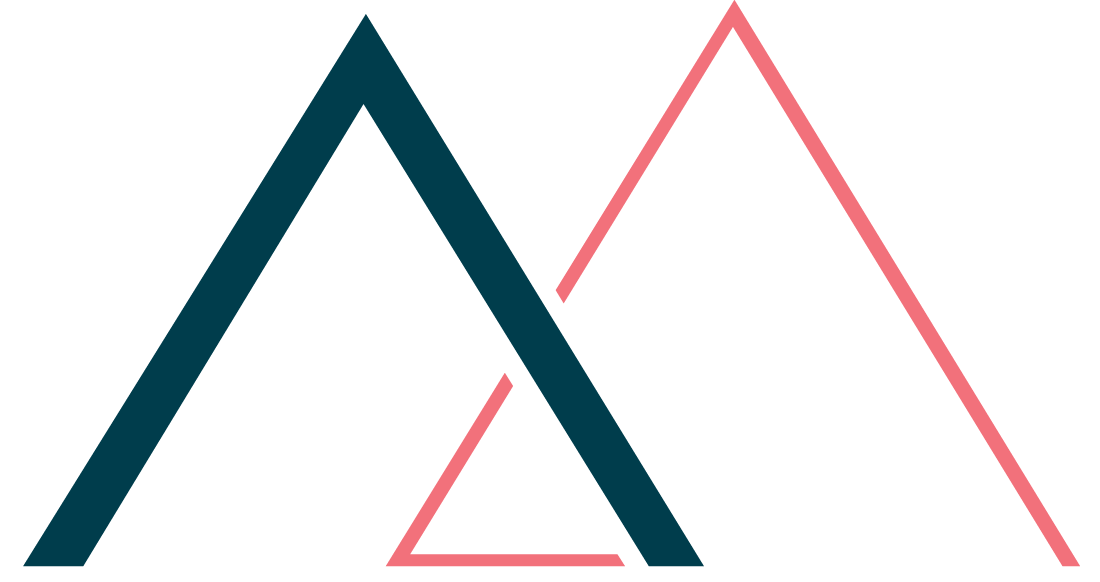Top tips to avoid collaboration overload and burnout at work
/Do you ever wish you were in fewer meetings at work?
Or that you got fewer emails? Do you really need to be cc’d into everything?!
Are your whatsapp groups or work messenger channels continually going off?
In a fascinating article by Jenny Smith in Fast Company - she describes this as ‘collaboration overload’ at work. It could also be called the curse of helpfulness! Collaboration overload is when you feel the pressure of helpfulness to attend every single work meeting you are invited to, or reply to every single email and instant message. Sound familiar?
The stats
Uber tracked the usage of collaboration tools during the pandemic and saw a 40% increase in meetings and a 45% increase in the average number of participants per meeting. Is this really a good use of your time, or is it a case of feeling like you “need” to show up to prove your usefulness?
According to Microsoft research, voice and video call times doubled during the pandemic, and instant message traffic spiked by 65% for some remote work teams. As we were all taken out of the office and fitting in to our new working from home lives, it seems a lot of us felt the need to switch to video and increase our virtual collaboration to “prove” that we were working. But was that really required?
Email and other internal collaboration activities account for 42% of the average *knowledge worker’s time, according to McKinsey, leaving us less time for deeper, more focused solo work. The pandemic meant we were no longer able to lean over to ask our co-worker a quick question - we’ve had to turn to remote work communication tools that take more time out of our day. But this issue is set to continue with the introduction of hybrid working which many businesses have adopted post lockdown.
*A knowledge worker is a WORKPLACE employee whose job involves developing and using knowledge rather than producing goods or services
This resulted in a 30% decrease in focus time (two or more hours of uninterrupted time working on a specific task or project), which was shown to have a strong correlation to employee productivity levels.
Tips to avoid collaboration overload
It is important to safeguard your productivity and creativity, and not to burn out. When you’re next invited to every meeting or feeling the pressure to reply instantly to every email, try these top tips:
Time blocking: Block off time on your calendar for focused work so it’s visible to your co-workers, and resist responding to non-urgent messages during those hours.
Agenda setting: For every meeting you call, make sure the agenda is clear, and tell your attendees that you have a hard stop at the end. (If you’re not running the meeting, ask the person who is for an agenda to help everyone stay on topic.)
Standing meetings: Schedule regular, dedicated standing meetings with your colleagues and other project stakeholders. Encourage everyone to hold their questions or problems for this designated time in order to reduce interruptions during the rest of the workweek.
Boundaries: Be clear with managers and team members about when your working hours start and end and stick to them as much as possible to protect your personal resources.
If you don’t feel comfortable doing these things, or saying “no” to collaborative activities, that indicates a problem that needs to be addressed at a higher level.
The reality is that if you’re feeling the effects of collaboration overload, some of your colleagues probably are, too.
The impacts of collaboration overload
Collaborative work is the time we spend working with and helping others (including with email, instant messages, phone calls, and video chats) has risen dramatically over the past decade.
As we spend more time on collaborative work, the tasks that require focused concentration take longer to complete. This causes our workdays to extend into the evening hours and even weekends, which increases our burnout risk. The reality is that the most helpful among us are at the highest risk.
Studies have shown that when we are interrupted, whether it’s for 30 seconds to read an email or for an hour-long meeting, it can take up to 20 minutes to refocus on the task we were working on.
Collaboration overload can lead to burnout
Excessive collaboration can lead to burnout, which leaves people feeling unappreciated, irritable, and perpetually exhausted—and looking for another job (which is definitely not helpful). Top performers know that saying “yes” to collaboration requests means saying “no” to other things.
It gets you thinking - if you say yes to this, what do you have to say no to?
Understand the areas where you are best equipped to actually add value, rather than agreeing to yet another meeting because you want to look like a team player. This will help you manage your time more effectively.
If the issues continue, talk to your manager or even HR. We all need some thinking time. Some time to focus as that’s often where the magic happens. The great idea, the solution, the insight.
If collaboration overload or burnout in the workplace is something you are experiencing, let’s talk. My name’s Clare Harris, owner of Fortem Coaching and an ILM qualified Business Coach and Mentor based in Bristol. I work with leaders, individuals, and businesses to enrich careers, increase wellbeing and optimise performance.
Are you facing leadership or career challenges?
Do you feel stuck in a rut at work?
Maybe you’re at a career crossroads and need some support deciding which route to take?
Book your FREE 30 minute coaching consultation here.





